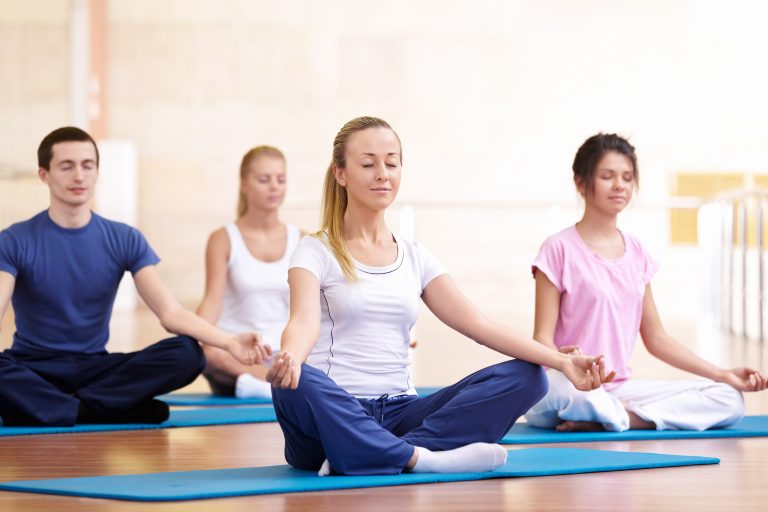As the autumn season progresses, mental and emotional health has become a key concern for many, especially with students returning to school and professionals settling back into office life. Among young adults in particular, who are often experiencing newfound freedom and responsibility, mental health can be easily neglected.
Jaya Jaya Myra, a bestselling author, TEDx speaker, and wellness expert, highlights the challenges young adults face as they transition into adulthood. With the pressures of university life or early career responsibilities, many young people struggle to manage their mental and emotional well-being. According to Myra, meditation and mindfulness can provide a simple, effective solution, but many in this age group remain unfamiliar with these practices.
A recent survey conducted by Myra of 1,000 people across the United States revealed that 45% of those aged 18 to 24 meditate either infrequently or not at all. However, the survey also showed a strong desire among young people to learn more about mindfulness practices, with 24% expressing an interest in meditation despite not currently engaging in it.
The survey’s findings also pointed to a generational divide, with 33% of people over the age of 54 stating they had no interest in learning to meditate. In contrast, only 15.5% of those aged 18 to 24 said they had no desire to adopt the practice, suggesting that younger generations are more open to exploring ways to enhance their mental health.
Key Findings:
- No significant gender difference was found in meditation habits among the survey respondents.
- 25% of people aged 18-24 reported meditating at least once a day.
- 14.5% of people aged 18-24 meditate at least three times per week.
- 33% of those over 54 said they do not meditate and have no interest in doing so, compared with 15.5% of young adults.
- 24% of young adults expressed a desire to learn meditation, even if they do not currently practise it.
Myra emphasises the importance of providing young adults with the right tools to help them navigate the stresses of modern life. “The mental and emotional health of our transitioning youth should not be left to chance,” she says. “Many young adults, whether they are recent high school graduates heading to university or in the early stages of their careers, have never lived outside the comfort of their homes. To throw them into the deep end without guidance seems cruel.”
She continues, “We must equip them with the tools they need to nurture their minds and souls, helping them grow into compassionate, emotionally intelligent individuals.”
Mindfulness for Young Adults
For young adults looking to integrate mindfulness into their lives, Myra suggests several approaches. “Creating a space for mindfulness and wellness allows individuals to quiet their minds and balance their spirits,” she says. This can take many forms, from guided meditation to intentional breaks during the day or even a mindful walk.
“These practices offer young adults a sacred pause in a world full of noise, something we can all agree they deserve,” Myra adds.
As young people face the excitement and challenges of this new phase of life, experts stress that prioritising emotional well-being is vital. Meditation and mindfulness can serve as effective tools for managing stress and ensuring that mental health is not overlooked.



